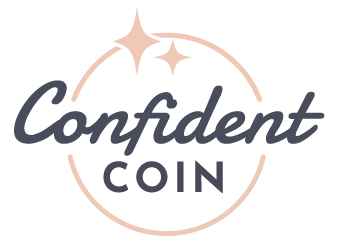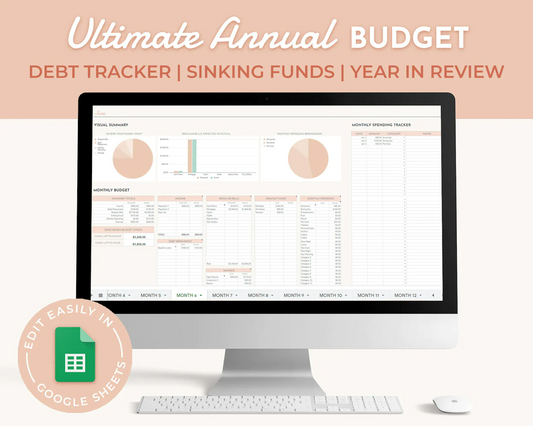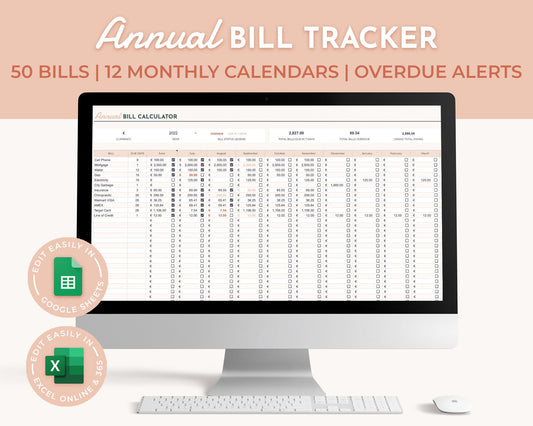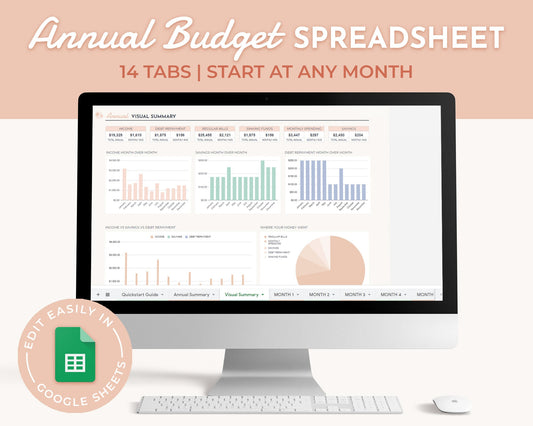When life gets busy, and our financial dealings get scary, it's easy to feel stressed out. Tight budgets and long-term debts can make us feel like there is no way out.

Photo by Alice Pasqual on Unsplash
When you're in debt, you are:
- Not in control of your financial situation
- Living beyond your means
- Living paycheck-to-paycheck
- Less able to enjoy life because you're worried about paying off debt
While you may be up against some challenging circumstances, there are a few ways to help you pay off debt fast without missing a beat or having to "go without" things.
These are tried and accurate methods that worked and will work for anyone who wants to get their money troubles under control quickly.

Photo by Sincerely Media on Unsplash
Here are 20 Simple Tips on How to Pay Off Debt Fast:
- Choose a goal
- Make a list of all your debts
- Prioritize your debts by interest rate or balance
- Stop using credit cards altogether
- Make a budget
- Start paying with cash
- Pay off the smallest debt first
- Take advantage of free money offers or cash-back rewards
- Cancel unnecessary subscriptions
- Determine how much you can afford to pay each month
- Prioritize your debts by interest rate or balance.
- Double up payments
- Avoid new debt
- Look to increase your income
- Cook and Eat at home
- Spend less on your unnecessary addictions
- Be financially literate
- Prioritize your needs versus wants
- Seek financial advice
- Use the "snowball" method
-
Choose a goal
First, choose a goal that you want to accomplish with your debt payoff plan. Do you want to get out of debt quickly, or do you want to accumulate wealth? Are there specific things that are important to you? Once you know what you want out of life, setting goals and committing yourself to them will be easier.
-
Make a list of all your debts
Include credit cards, student loans, car loans, and any other debts you may have. Write down the interest rates for each loan as well. This will help you see where your money is going and what type of interest rate you pay on each loan.
- Prioritize your debts by interest rate or balance
If you have multiple debts, it's important to prioritize them in order of importance. This will help you decide which one needs to be paid off first.
- Stop using credit cards altogether
You may think using credit cards is an excellent way to build your credit score and increase your purchasing power, but they're one of the worst things you can do if you want to get out of debt quickly. Credit cards are dangerous because they allow you to make purchases without having any money in your checking account (or, in some cases, even having a bank account).
Credit cards aren't easy-to-manage tools — they're easy-to-overuse tools that can cause significant financial problems if not managed correctly. If you want to pay off debt fast, stop using credit cards altogether until all of your other debts are paid off completely. That way, you won't be tempted by those tempting offers for car loans or store credit just because they'll allow you to purchase without paying upfront cash.
-
Create a budget and stick to it!
An essential part of eliminating debt is understanding how much money you bring in and what expenses you have each month. You can do this by creating a budget that includes all sources of income and all monthly expenses (including savings), including any bills that are not paid regularly, such as car insurance, property taxes, or utilities.
Once you know how much money you have available each month, it's easier to determine how much more you need to reduce your liabilities by paying off your debts faster than initially planned.
Create budget spreadsheets like these to track your expenses and income. These easy-to-use budgeting tools will help you see where the money is going, which is the first step in getting out of debt.
If you're not fond of creating weekly budgets, monthly, or annual - then this is the perfect time to start building one and stick to it. Create a spreadsheet using these budget templates to track your spending each month/week/year and make adjustments as needed.
- Start paying with cash
Paying with cash is the best way to keep spending in check and ensure you're not overspending. If you're using a credit card, you don't know exactly how much you're spending until it's too late — and then it's easier to rationalize an extra purchase because the money isn't "real." Cash is real, though, which means that when you pull out a wad of bills from your wallet, it hurts more to spend them than it does with plastic.
Use a debit card for everyday purchases and digital cash envelopes to help track the cash you've used. This spreadsheet tracker makes it more difficult to overspend.
-
Pay off the smallest debt first
It may seem like a waste of money, but paying off your smallest debts first can help motivate you to continue paying off debt faster. Plus, since they are smaller amounts, they will be easier to pay off than more significant debts.
The reason is simple: The smallest balances can be paid off quickly, giving you momentum and motivation to keep going. Once you've paid off one small loan, you'll have more money toward the next one — and so on until all of your debt is gone.
-
Take advantage of free money offers or cash-back rewards
If you have credit card debt, you'll want to go after any reasonable balance transfer offers or cash-back cards that you can find. These often come with 0% introductory interest rates for 18-24 months (sometimes even longer). Even if that 0% rate jumps up after the promotional period ends, it might still be lower than your current interest rate on your balances! So please take advantage of these offers while they last!
-
Cancel unnecessary subscriptions
If you're paying for something, you don't use, cancel it now. These subscriptions can be anything from magazines to streaming services like Netflix or Spotify.
- Determine how much you can afford to pay each month
If you're trying to save money, you may think that cutting costs is the only way to do so. But what if we told you there was another way? You can actually spend less money and have more fun by finding free or low-cost activities instead of spending money.
Here are some ideas for how to do just that:
- Attend an event in your local community. Many things are happening—concerts, festivals, plays, lectures—and they're often free!
- Go on a nature walk instead of going to the movies or out to eat.
- Cook dinner together with your friends or family members.
-
Track your expenses
You can't start paying off your debts until you know exactly where your money is going. The best way to do this is by keeping a detailed record of all your expenses for at least a month, so you can accurately see how much goes out and how much comes in every month.
Here are some tips for getting started with tracking your expenses:
- Use a budgeting app or spreadsheet: You can use an app like Mint or Personal Capital or easy-to-use spreadsheets like our bill tracker spreadsheets that helps you organize your expenses. The important part is finding something that works for you. Keep track of your spending habits so that you'll have a better sense of how much money is coming in and going out at the end of each month.
- Set up automatic payments: If possible, set up automatic payments for recurring bills like cell phone service or Netflix so that money doesn't sit in your checking account for too long before being withdrawn again.
-
Double up payments
If you don't have a lot of extra cash lying around, this is a great way to make small payments count. Set up automatic payments with your bank or credit card company for twice as much as usual. This will help you knock out some of your smaller debts sooner rather than later!
- Avoid new debt
If you can't afford to pay for something in cash or with money you've saved, put it off until you can afford it. If that means waiting a few months before buying a new computer or replacing your car tires, then do it. It will save you money in the long run and boost your credit score when it comes down to applying for loans in the future.
- Look to increase your income
If you're having trouble making ends meet and paying down your debt simultaneously, consider boosting your income to devote more of your money toward paying off debts.
This can mean finding a second job or securing a raise at work. You might also want to consider taking on side gigs to make extra money on the side — anything from babysitting or dog-walking to freelance writing or web design work.
These extra funds could help you chip away at all of those balances much faster than if you were relying solely on one income source.
- Cook and eat at home
Cooking at home is the single best way to save money. That's because it's cheaper than eating out and buying prepared foods from the grocery store.
- Spend less on your unnecessary addictions
If you want to save money and get out of debt faster, stop spending all your money on unnecessary kinds of stuff such as shopping and alcoholic drinks. These things can be very addictive so try your best not to spend too much on them.
- Educate yourself financially
Learning about finances can be overwhelming initially, but it's worth it in the long run. If you don't understand how money works, you won't know how to spend or save properly.
- Prioritize your needs vs. wants
It's tempting to put all your extra money toward paying off higher interest debts, but it's important to remember that the things you need — like groceries and gas — are more important than the things you want, like a new TV or computer. Paying for the necessities will keep your finances stable and help prevent credit card debt from piling up again.
- Seek financial advice
You probably know you need a budget and should be saving for retirement. But if you're drowning in debt, it's time to seek financial advice. You may need help with a plan for getting out of debt — or just some outside perspective on what your next steps should be.
- Use the "snowball" method
You've probably heard about the "snowball" method if you're trying to pay off your debt. It's a simple idea: take whatever money you can spare and apply it to the smallest debt first, then move up to the next highest one.
How Does the Snowball Method Work?
The snowball method requires you to pay extra on your smallest debt first (the one with the lowest balance) and then gradually move on to bigger ones as you pay them off and build momentum. This strategy works because it keeps you motivated and excited about your progress, making it easier to keep going until all your debts are gone!
Want to use our debt snowball calculator like Dave Ramsey? Check out this link now!
If you've read this far, you've probably realized that paying off your debt isn't as complicated as it seems—it's just a matter of finding the right tools and committing to them.
The best part? Once you do that, you'll feel like a new person! You'll be able to get out there and start living the life you want, free from the stress and worry of debt.
So what are you waiting for? Take these tips and put them into practice today!




